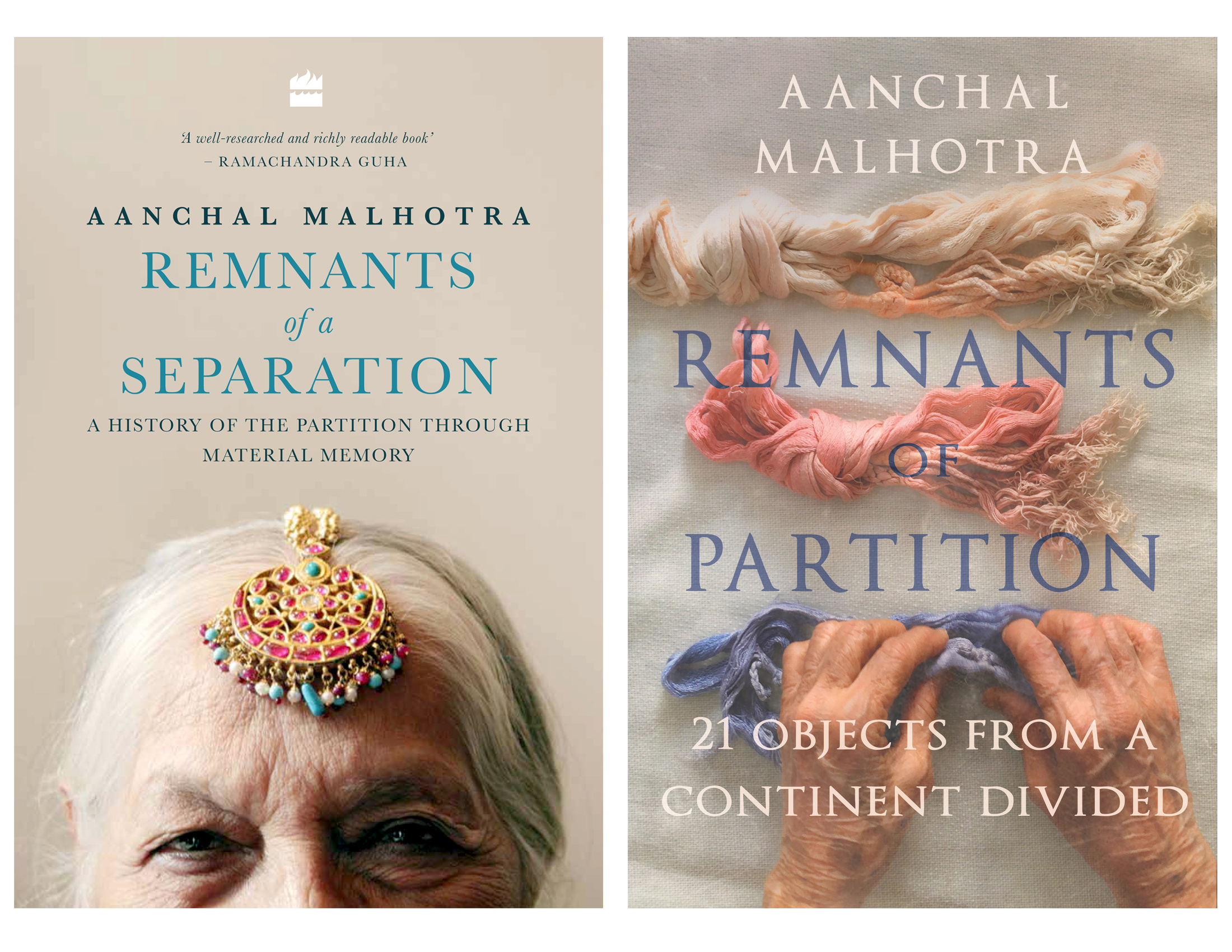



Fictional accounts with Partition as a background too were penned, providing disturbing images and shaking up readers with the slightest vestige of a conscience. Historical accounts have been written of the barbarity of mankind during those terrible months and the political battles that were fought which left an undivided India into two smouldering parts. The literary world in both India and Pakistan is replete with Partition stories - though modern-day narratives have more to do with terrorism and the like. Or if it is seen as a Shiv Linga, for instance, the stone becomes the embodiment of a religious-spiritual cultural ethos. A piece of stone is as dead as dead can be, but if it offers an important link to the evolution of earth, it suddenly springs to life. Materials that may be biologically dead but are throbbing with life because memories are attached to them. Even more pleasantly surprising is the theme the author from this youth brigade, Aanchal Malhotra, has chosen: Using the prism of ‘material memory’ to relive those days of sorrow, but also of happy moments that preceded the fateful development. It may be that we feel more for our smartphone than for a course of history which affected us - and continues to affect us regardless of whether we understand it or ignore it.Īnd so it comes a pleasant surprise that a member of this youthful generation, educated abroad with apparently little reason to hark back on this tragic event of monumental proportion, should write on Partition. To own up is to first acknowledge, and to acknowledge is to first feel. Indeed, it considers the development with a detachment that comes from either lack of sensitivity or simply disregard for history. The generation of now is even less inclined to view it with any romanticism given the passage of time and its own sense of priorities. It is fine today to talk of Partition as something that had to happen given the social and political conditions of that time. Without memory, there would be no civilisation, no society, no future.” The Holocaust survivor would know, as would those in India and Pakistan who went through the trauma of Partition (yes, with a capital ‘P’, because this partition was more than a division of geographical boundaries - it was an event that uprooted families from not just their homes and hearths but cultural moorings as well). It was Elie Wiesel who had said, “Without memory, there is no culture.


 0 kommentar(er)
0 kommentar(er)
